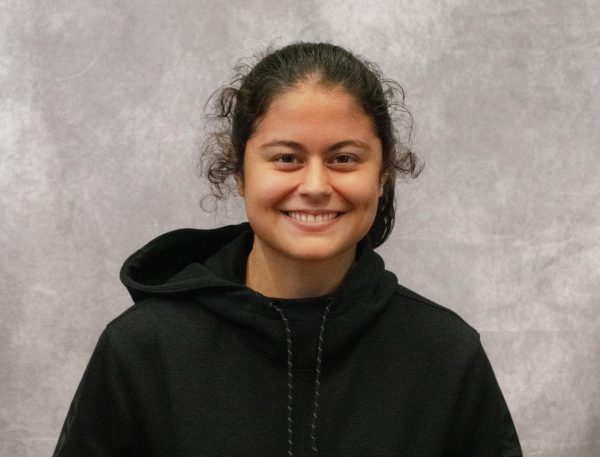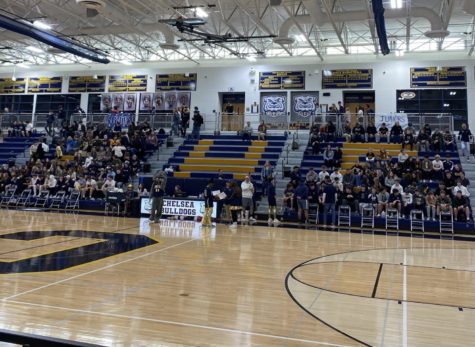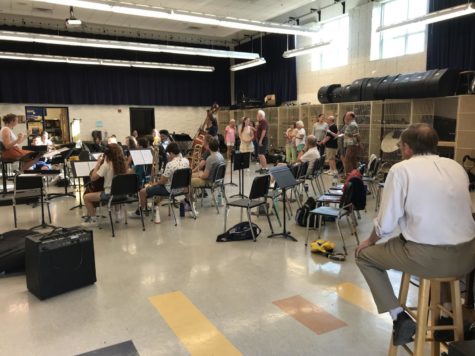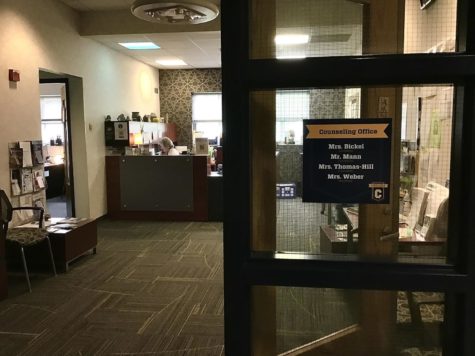Eligibility: Balancing Sports and Academics
For most CHS athletes, staying above the eligibility threshold is manageable, though it is far from easy. In order to play sports, student-athletes must pass 66% of their full credit load, which is something made less feasible by large amounts of homework and very little time to do it. Every day after school, most athletes spend until 5:15 p.m. at practice, commute home, and from there they start their homework.
The amount of time students spend on homework varies drastically on what classes they have chosen to take. If student-athletes choose AP or honors classes, that usually means they have less time to rest at home.
“Chemistry and AP World are the classes I take most time doing homework for,” Amy Budd (‘25) said. “On a bad day, it can take two to three hours to get my homework done.”
With this amount of homework, motivation is hard to come by, especially after a particularly difficult practice, the last thing students want to do is a twenty-page reading along with notes.
“I can usually get most of my work done in class, but if I procrastinate, it adds up quickly until I have a bunch of problems I have to do,” Lauren Thompson (‘25) said. “Sometimes it’s hard to find enough time to get all my homework done, especially on nights when practice runs late or we have games or meets. It can also be annoying to catch up on the work that I missed if I had to leave early for a meet.”
If it’s challenging to find time to do homework, then what about studying or even just spending time with friends and family?
“It’s important to me to spend the time I have with my family but sometimes I need to work on homework until 9:30 p.m. or 10:00 p.m. after an event,” Thompson said.
While finding a balance between school, sports, and family can be frustrating, it also provides good preparation for life after high school, whether it be college, trade school, workforce, or anything else, the skills students learn from sports will help them on whatever path they choose.
Your donation will support the student journalists of Chelsea High School. Your contribution will allow us to purchase equipment, cover our annual website hosting costs, and write more stories for you to read!





